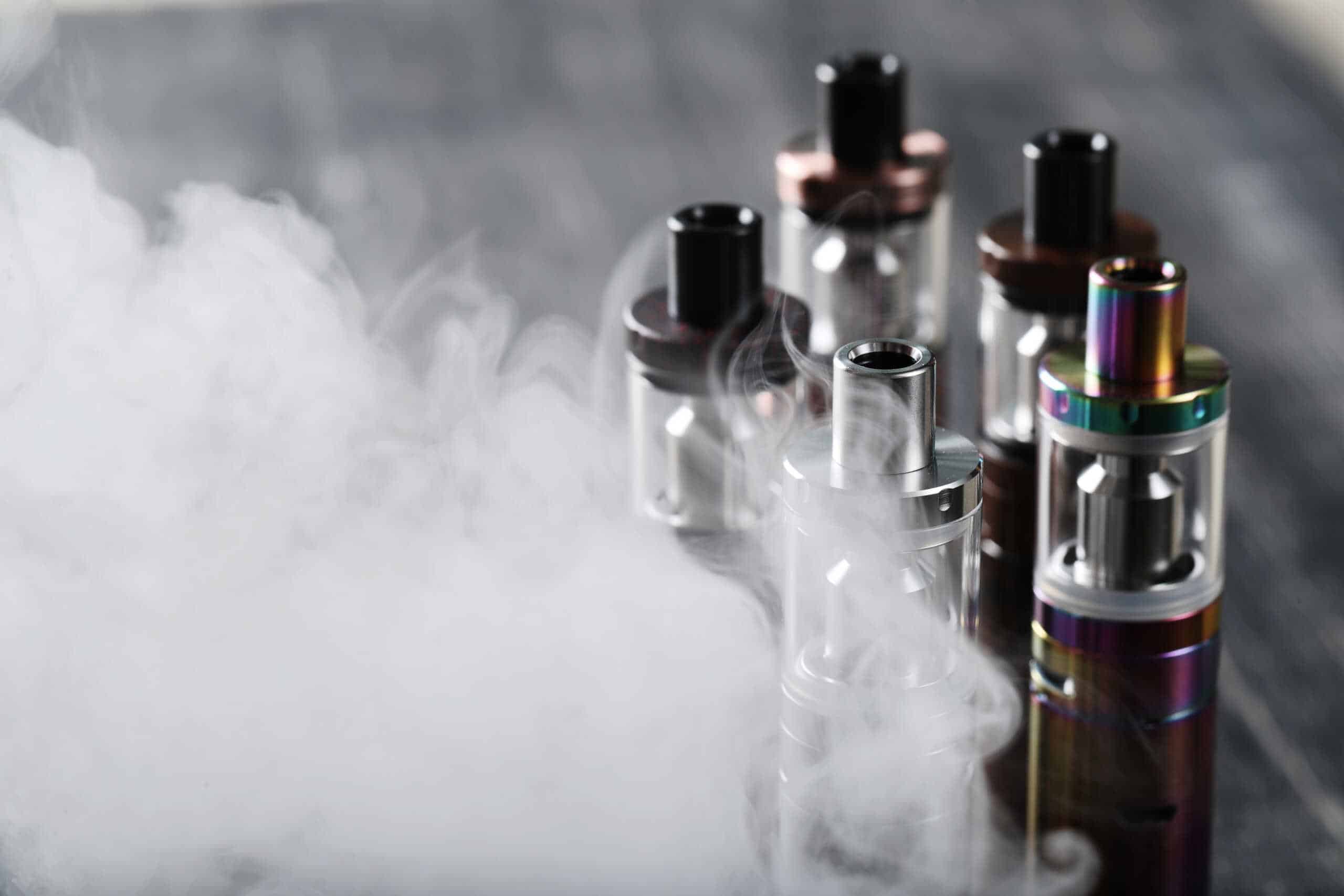When you enter into addiction recovery (this is especially common in the rooms of Alcoholics Anonymous or any other 12 step program), you will undoubtedly hear people say, “Don’t make any major changes within the first year of your sobriety” on a somewhat regular basis. What is considered a major change, and why shouldn’t they be made? You are the most vulnerable during the first year of your recovery, give or take a few months. Roughly one year is generally about how long it takes to complete treatment and effectively work through the 12 steps – once you wrap up your multi-phased program of clinical care (detox, inpatient rehab, intensive outpatient and outpatient treatment) and complete the steps, you will have likely found your footing. You will be significantly less susceptible to relapse, and you will be better equipped to make major changes rationally and safely. Some examples of major changes that are best avoided in very early recovery include:
- Making a major career change (like accepting a promotion).
- Entering into a new romantic relationship.
- Getting married.
- Filing for divorce.
- Moving to a new state.
- Buying a house.
- Starting a small business.
- Parenting a child.
- Quitting smoking or vaping.
Early recovery can be stressful enough as it stands. Not only are you being asked to successfully navigate an entirely new way of living, but you must learn to cope with unpleasant feelings and emotions in a healthy and effective way for what might be the very first time. Adding a major life change to your plate might unexpectedly serve as a tipping point, adding an unnecessary and unmanageable element of stress.
The avoidance of some major changes is pretty straightforward. Filing for divorce, for example, is always a stressful and emotionally draining process. Those who are new to sobriety are likely not equipped to work through the anxiety and emotional turmoil that go hand-in-hand with such an involved legal process. But what about something as seemingly minor as vaping? If you want to quit vaping while in early recovery, is that really such an issue?

We Are Here For You
Vaping in Early Recovery
While it is ideal to strive for abstinence from all chemical substances, it can be better to slowly taper off of nicotine over time rather than attempting to quit cold turkey. Of course, that is not to say, “If you get sober, keep vaping!” If you want to quit, there are ways to do so gently so that you avoid all potential relapse triggers. According to an article published by John Hopkins Medicine, roughly 7 out of every 10 current smokers wish that they could quit. Not only does smoking nicotine negatively affect every vital organ in the human body, but vaping has been linked to a number of newly emerging health-related threats. Research suggests that vaping damages the heart and the lungs, according to the same study. Vaping nicotine has recently been linked to asthma and other chronic lung issues, and seeing as the chemicals used in vapes are largely unknown, there might be a range of other serious health effects that have simply not yet been discovered or studied in depth. So yes – overall, it is better to quit than to continue vaping in the long-term. No question about that. However, how soon you quit after getting sober can make a major impact on the overall quality of your recovery. An article published by the Washington Inquirer titled, “Early in recovery, addicts look to vaping,” explores the relationships that many recovering addicts and alcoholics have with nicotine, and the pros and cons involved in quitting. Overall, it was determined that asking a newly sober individual to give up nicotine entirely was “asking too much.” Rather than add an additional element of stress to your already-full plate, cut yourself some slack and commit to quitting once you feel solid and stable in your sobriety.
Our Drug & Alcohol Detox Services Include
Pros and Cons of Quitting Vaping in Early Recovery
Of course vaping is negatively impacting your health in obvious ways – so you should seriously consider slowly tapering off of nicotine altogether, regardless of where you stand in the recovery process. We have compiled a list of some other potential pros and cons of quitting vaping in early recovery – take a look.
Pros of Quitting Vaping in Early Recovery
- Your overall physical health will improve
- You will spend less money on vaping supplies, which can be quite expensive
- You will find that you have more energy
- Your immune system will be stronger
- you will feel accomplished and proud of yourself, once the initial hurdles are crossed
- you will lower your risk of lung cancer, bladder cancer, pancreatic cancer, esophageal cancer and kidney cancer
Cons of Quitting Vaping in Early Recovery
- Only about 3-10 percent of individuals who attempt to quit on their own are able to kick the habit long-term, which could affect your self-esteem
- Attempting to quit could increase your stress levels significantly
- There are many physical and psychological symptoms that go hand in hand with quitting nicotine cold turkey, including irritability, depression and insomnia, which can last up to three months
- While you never need an excuse to stick around after the meeting, many recovering addicts and alcoholics will smoke outside afterwards, allowing them a chance to converse
Ready To Begin Your Drug & Alcohol Detox?
We Offer A Safe & Effective Program
Don’t let Drug & Alcohol addiction control your life.
Call us today and let’s get you started on the path to a better you.
The Importance of Giving Yourself a Break
When in early recovery, it is important that you set tangible and easily achievable goals for yourself. Not only will this free up the majority of your time, allowing you to focus a good portion of your attention on your sobriety, but it will help you build self-esteem. Examples of easily achievable goals include:
- Attending at least one Alcoholics Anonymous meeting on a daily basis
- Finding a full-time job and making it to your job on time everyday
- starting to save up money so that you can eventually buy yourself a car, saving at least $100 every week
- Finding a sponsor that you relate to, and working on your step work everyday of the week
- Avoiding conflict with other residents in your sober living house, and if you do find yourself in a disagreement, working to resolve it before things get out of hand
- Eating healthy foods, drinking enough water and preparing nutritious meals for yourself at least twice every day
- Remaining abstinent from all mood and mind altering chemical substances
- continuing to see your individual therapist at least once a week
Begin Healing Now!
Have A Call With One Of Our Treatment Advisors
Don’t Suffer Any Longer
Only you know whether or not quitting vaping is an appropriate addition to this list. If you feel that attempting to quit would increase your stress levels and cause you a men’s amounts of anxiety, it is probably better to cut yourself a break and commit to quitting once you feel up to doing so. Only you know how much you can take on in early recovery. Remember that prioritizing your sobriety is the most important, and while working towards a complete restructuring of your life that does not include the use of any chemical substances – not even nicotine – is always a good idea, using nicotine does not put you at risk of relapse the way using other chemical substances does. Go easy on yourself, and remember that once you have worked through the 12 steps of Alcoholics Anonymous and have truly found your footing in your sobriety you will be able to accomplish any goal you set your mind to.
Pine Tree Recovery Center and Early Recovery Tips
Pine Tree Recovery Center offers men and women of all ages and walks of life the opportunity to heal in a comprehensive, multi-phased program of addiction recovery. For more information on our recovery program or for more early recovery tips, give us a gall today at (888) 693-1751, we are available to help you 24/7.
























